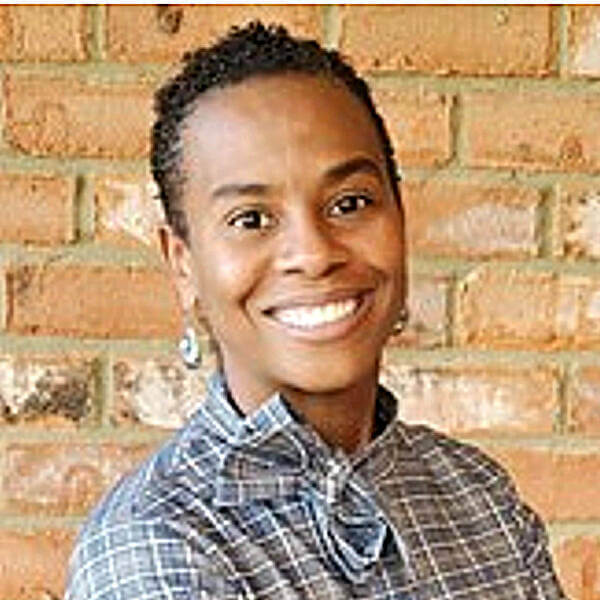Advocating for herself
March 11, 2021
If I didn't know any better, I'd have been sitting in a class that was not challenging me, that I did not need, and it was putting me on a track that I did not deserve.
I walk into my English class and there's 12 students in the English class. A majority of them are black male athletes in this English class, and I just remember going, well, statistically, this is not right. It doesn't make any sense that in a school that has two thousand students potentially in their freshman class, that there's an English class that is majority African-American and heavily leaning toward the football athletes. And I just remember going hmm, now, I was in honors language, National Honor Society, Spanish Honor Society, and I have college credits for English. Why am I in a class that to me was basic, remedial English class? So I was like, OK, I understand the game, and I mean, I also understood the sort of statistics around students of color meeting. I mean, so I was not a person who did not understand what was happening in that space. And I went to my advisor and as I'm telling you this, is what I said to him. Statistically, it is not quite possible. "Oh yeah, you don't belong in that class." See, I advocated for myself. If I didn't know any better, I'd have been sitting in a class that was not challenging me, that I did not need, and it was putting me on a track that I did not deserve.
So that was the first thing. So that's about being part of the structure. But the second thing that happened was I began getting these phone calls to my room, I had a little answering machine. "You monkey, you slave." I mean, gosh, "You gonna hang on trees. You eat bananas." And I was like, what the heck is this? It's a male. So that was clear. And I remember going to administration. I can't recall the specifics of who I spoke to, but that's when I learned there was no racial harassment policy on campus. And I was like, OK, so how do I report this? And it was like, "Well, you can report this to campus police." So I had the recordings and I remember walking over to campus police, which I think at the time was somewhere near like where WNDU is, if it's still there. And I remember bringing this recording and I said, look, I'm having someone harass me, I'm having someone call me, I don't know, they're calling and I don't know who it is. And, you know, it was kind of like, "Well, you know, did you piss anybody off?" No. I mean, to deserve that?
But the calls kept happening and to the point where my peers sort of rallied around me and rallied around others. And I felt like my life was being threatened. And my R.A., no one in the dorm, there was no help. We created our own network of guys and ladies who would at a particular time - this is before you had even the blue phones that could be on campuses - we created our own network. We passed out each other's numbers or like beepers, I think at the time, in the 90s. And you would call if you come from the library, someone would come get you, and then walk us back to our dorms. Now, that was also happening for young White women because there was a fear of sexual assault. And so there were these networks that we have built. For me, it was like, I think somebody's trying to kill me. They don't want me here. And so we started those networks.

Dr. Kendra Washington-Bass
Dr. Kendra Washington-Bass is a New York City native and '94 ND graduate. She serves as the current Director of Student Recruitment for the Black Alumni of Notre Dame.